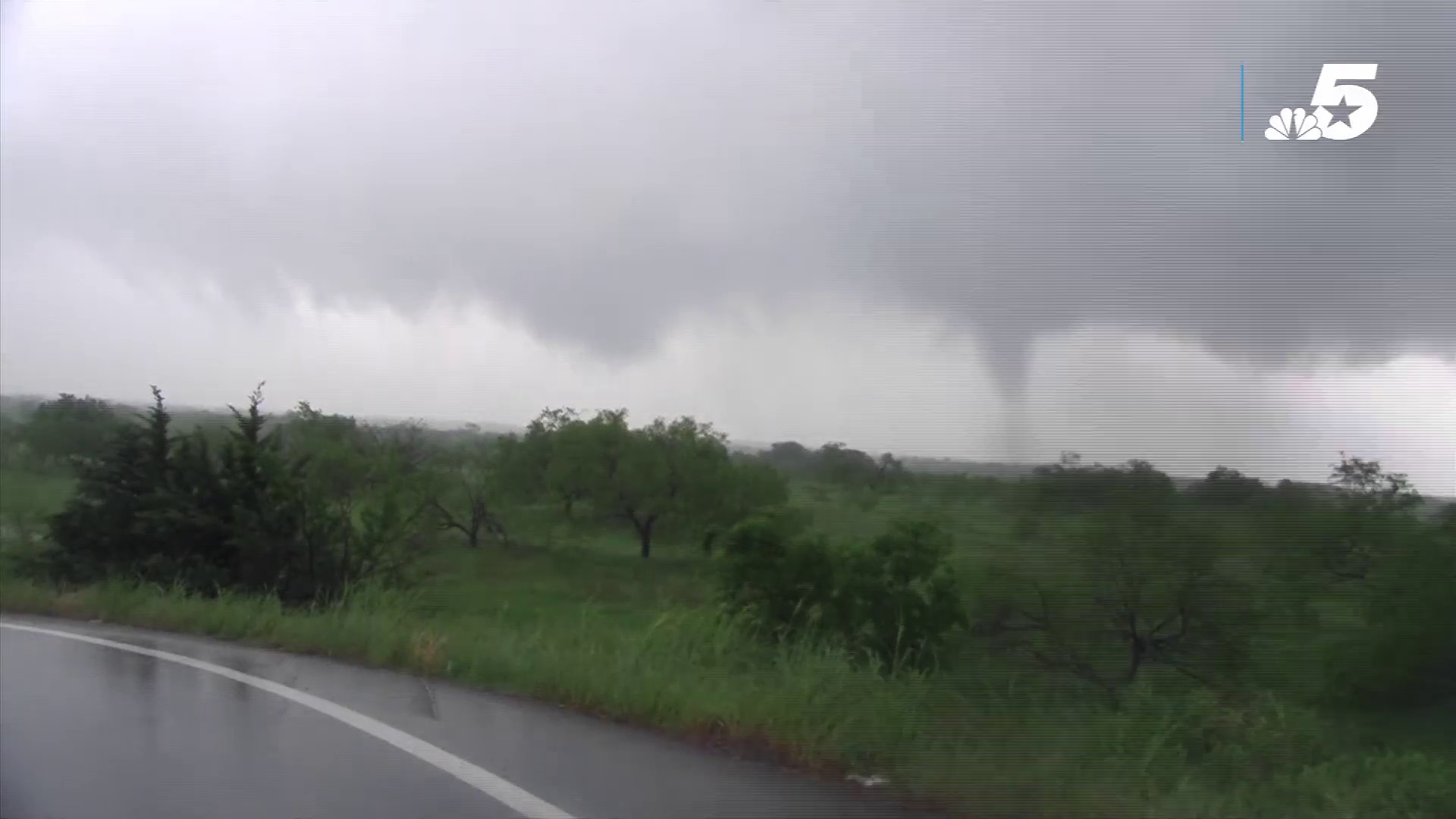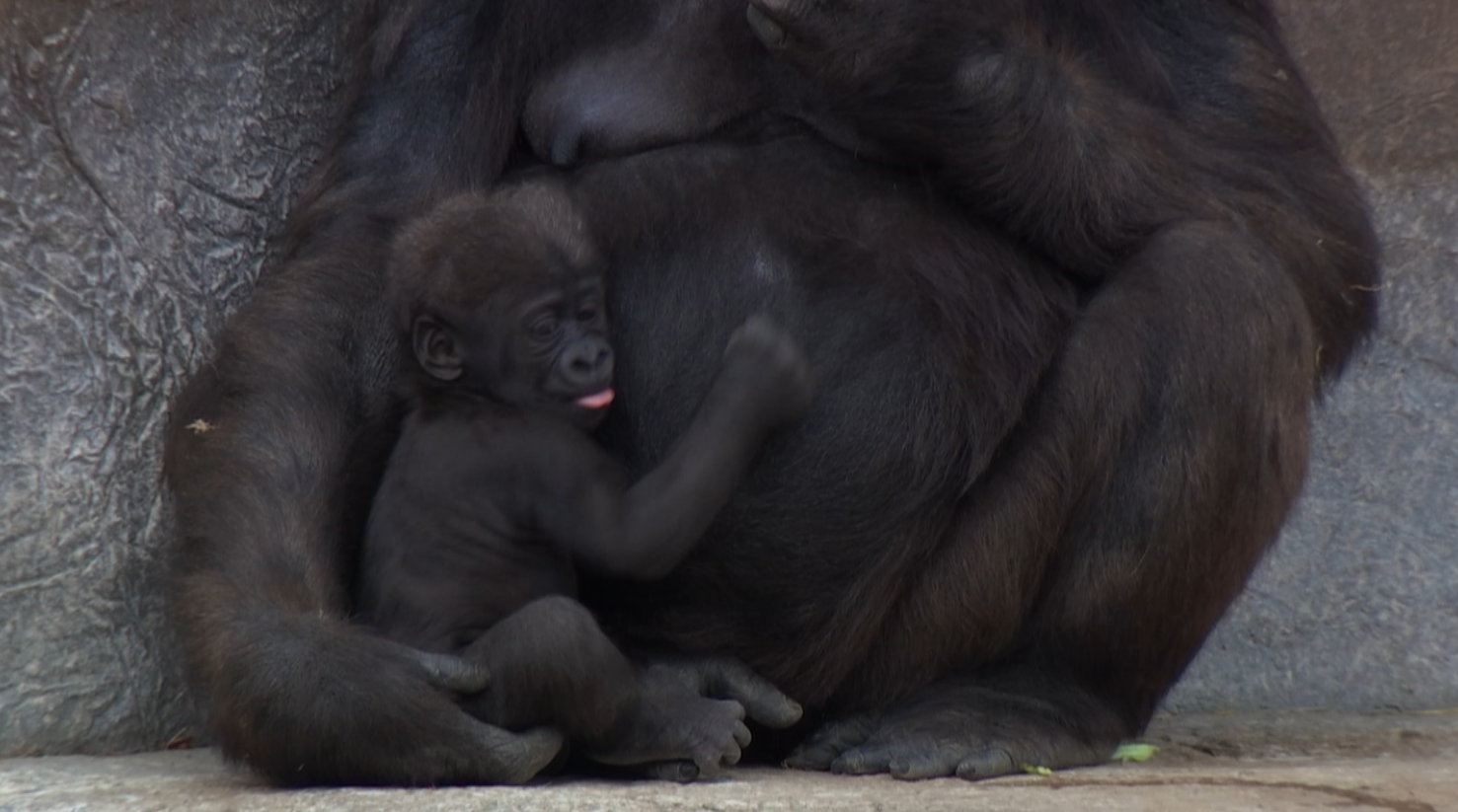As North Texas businesses prepare to re-open on Friday, many employees will be weighing COVID-19 risks and their need for a paycheck and unemployment benefits.
Both would likely be in jeopardy should the employee refuse to return to work.
Dennis Cryer is ready to get back into the swing of things, life as he knew it before COVID-19.
“I’m ready to get back to work,” he said.
Cryer has been receiving unemployment insurance benefits since being laid off from Applebee’s in Cedar Hill.
“It’s not exactly how much I was making but it’s definitely keeping me afloat,” he said.
The single father of four fears contracting the virus should he be summoned back to work, especially because he survived a heart attack.
Local
The latest news from around North Texas.
“It’s concerning to me that we’re putting everyone together so quickly,” said Cryer.
So what would happen if Cryer or any worker refused to return to work over fears of contracting coronavirus?
NBC 5 spoke with employment attorney Steve Kardell.
“It has to do with whether or not the individual has COVID or just a fear of contracting COVID if they go back to work,” said Kardell. “A fear that is unrelated to their [worker’s] current medical condition wouldn’t allow them to refuse an offer to go back to work.”
The Texas Workforce Commission confirms this, staying:
‘Generally, if the business is legally open, the employee is an essential worker for the business, the workplace meets OSHA safety guidelines, the employer follows CDC-recommended pandemic guidelines, and the employee is not under any local orders to stay at home, the employer would be able to replace an absent worker with someone else who is available and willing to work.’
Furthermore, you would then not be eligible to receive unemployment insurance benefits.
‘The employee would not be eligible to receive UI benefits if they refused to return to work,’ states the TWC pointing out that part of the ongoing eligibility requirements for Texas Unemployment Insurance is ‘being available for work; be willing and able to work all the days and hours required for the type of work you are seeking.’
An NBC 5 viewer asked: The restaurant she works at will be opening Friday with part-time hours, not full-time – What will this do to my unemployment and $600 from President Trump?
“She can still collect her unemployment as long as she doesn’t go over a certain threshold of hours worked in the new job and it’s generally 25% of her existing unemployment benefit,” said Kardell.
The TWC provides the following example of the threshold:
If your weekly benefit amount is $400, you may earn up to $100 (which is 25%) without a reduction in your benefits. If you earn more than $100, we subtract your earnings from $500 and pay you the difference. Either way, your benefits plus your earnings would total up to $500 for the week. If you earn more than $500 (your weekly benefit amount plus 25%), we cannot pay you benefits for that week.
Kardell said an employee could get more money from the combination of part-time work and partial benefits than from unemployment benefits alone.
The employment attorney also points out there may be exceptions made in the case of workers refusing to return to unsafe workplaces.
“If you were one of these pork processing plants where a whole lot of people had it [COVID-19] then that might fall under the OSHA Workplace Rule and also allow you to collect unemployment,” he said.
The TWC also confirms people 65 or older would be protected from being let go thanks to federal and Texas laws.
However, if a senior citizen works at a retailer that will open on May 1 and do not return to work could lose their unemployment benefits. ‘This will be decided on a case-by-case basis,’ said a spokesman for TWC. ‘Unemployment insurance is examining this issue closely and will ensure that such affected claimants are evaluated according to the Governor’s orders and the Department of Labor’s parameters covering Pandemic Unemployment Assistance.’
Governor Abbott is calling for people 65 and older to remain at home.
These senior citizen workers would be protected from being fire for staying home and not returning to work, according to TWC.
However, the TWC says whether they lose their unemployment benefits will be decided on a case-by-case basis.
Kardell advises employees facing concerns about their workplace or returning to work prematurely to contact an employment attorney.
The TWC reports 437,300 Texans filed unemployment claims last week, the largest number yet amid COVID-19 closures and orders.



